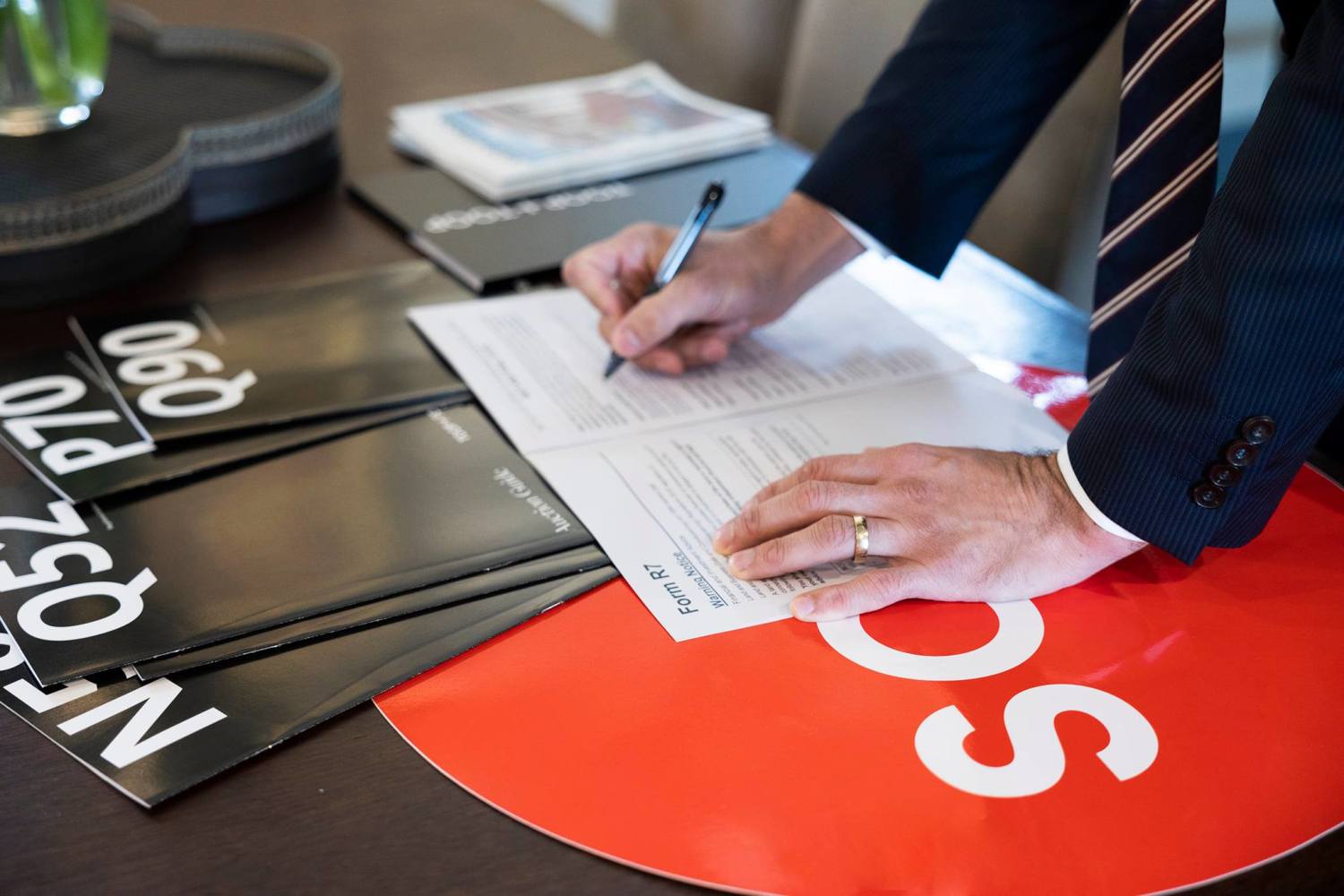July 28, 2019
Why do you need a conveyancer?
Conveyancers are an important part of the property process, but many people don't really understand what they do. If you have bought and/or sold property before, you would have most likely dealt with a conveyancer at some point in the transaction process.
We spoke to Lauren Price, Director of Stevens Partners Conveyancing to find out exactly what it is that a conveyancer is responsible for, and why they are pivotal in the transaction of property from one owner to the next.
{"type":"Link","id":"6YGRHT9rX5OyieIl87WCaI","numimg":0}{"type":"Link","id":"4dJuSOL3h1UPiEI0e5J7zQ","numimg":0}Conveyancers are responsible for the process of transferring the ownership of property from one person to another, including the preparation, execution, verification and lodgement of numerous legal documents.
"We step in once the contract is signed… and work with the purchaser or vendor to navigate right through to settlement”, Lauren said.
Licensed conveyancers are specialists in property law and are required to have specific qualifications. This ensures that they are aware of the legal responsibilities and obligations associated with the transfer of property. Usually a conveyancer will:
Complete and lodge all relevant documents with the Department of Land Services.
Search the certificate of title.
Search government departments and local authorities for anything that may affect the property such as encumbrances or caveats.
Make necessary enquiries about zoning, titles and rates (council and water).
Adjust rates and taxes.
Liaise with the purchaser's conveyancer regarding settlement.
Ensure that all special conditions in the contract are fulfilled before settlement takes place.
Liaise with financial institutions regarding funds required to proceed to settlement.
Prepare the settlement statement.
Attend settlement on your behalf.
(source: REISA)
Is conveyancing something you can do yourself?
Rules and regulations vary from state to state but in South Australia you are able to do the process yourself, however, it is strongly advised that you do engage a professional conveyancer.
{"type":"Link","id":"56vCtsd1wb9YCZl1lLMAsO","numimg":0}{"type":"Link","id":"3eIotojA6mmtkrkmugZdos","numimg":0}Not only are conveyancers across all forms of property legislation they also hold responsibility for any legal matters that can arise, which can be a tricky process to navigate on your own.
How long does the conveyancing process take and how much does it cost?
“As a minimum, four to six weeks, but that largely depends on what the conditions of a contract are, assuming its all cut and dried in the contract, I’d say four to six weeks,” Lauren said.
Typically, fees vary from conveyancer to conveyancer and variables like the complexity of your transaction can be a factor in the final amount payed.
“I would always recommend getting on the phone with a few different conveyancers to get a fee estimate but also to get a feel and a vibe for who you’re are dealing with and the way they operate. $1,000-$1,100 all-inclusive is typically what you would expect to pay for a good quality conveyancer,” said Lauren.
We understand the conveyancing process can be a little overwhelming, if you would like some more information about conveyancers and the conveyancing process, visit the Australian Institute of Conveyancers website here or SA Government website here. You can also see Lauren and her team at Stevens Partners Conveyancing at www.stevenspartners.com.au.



